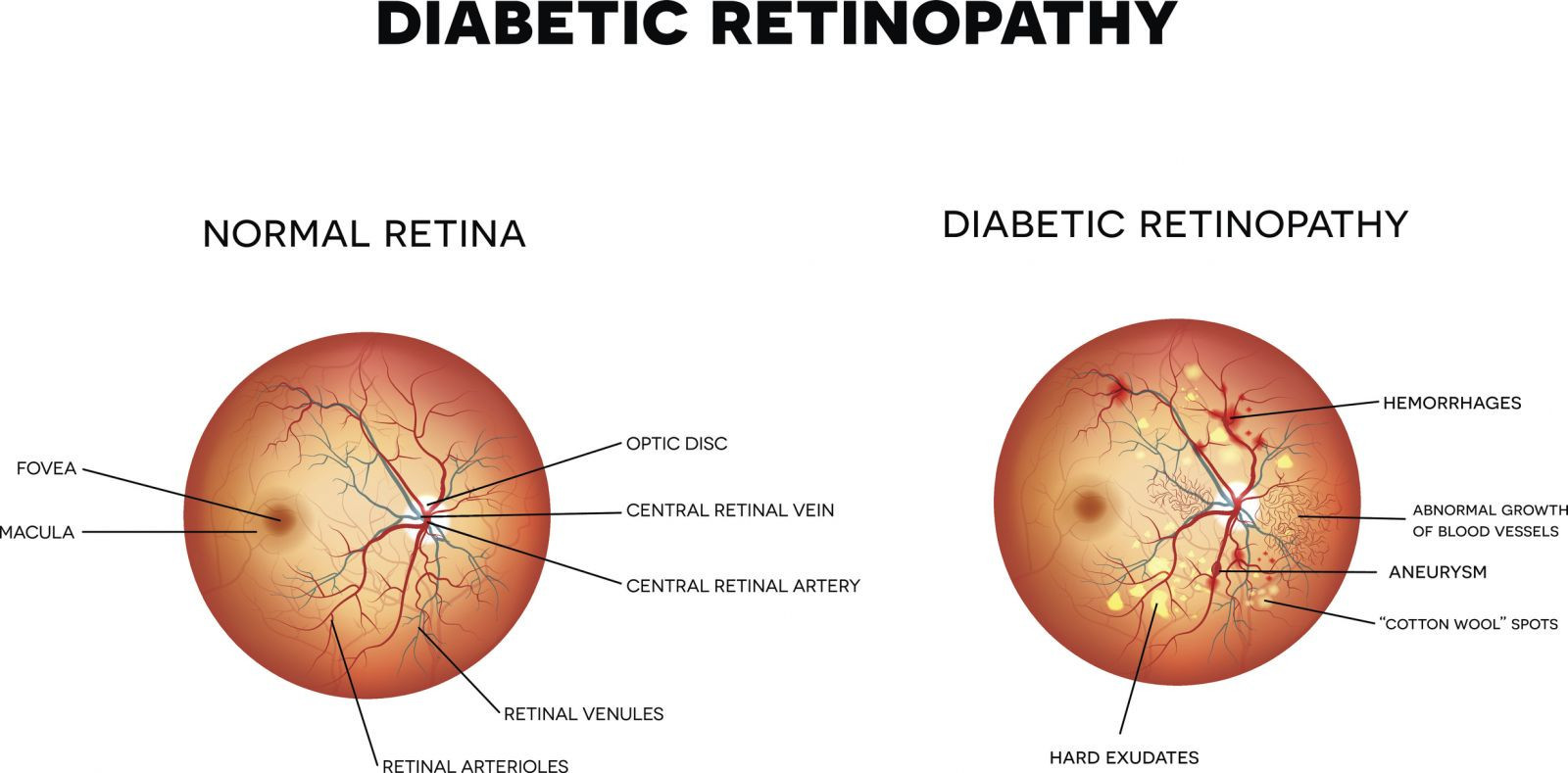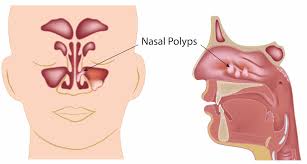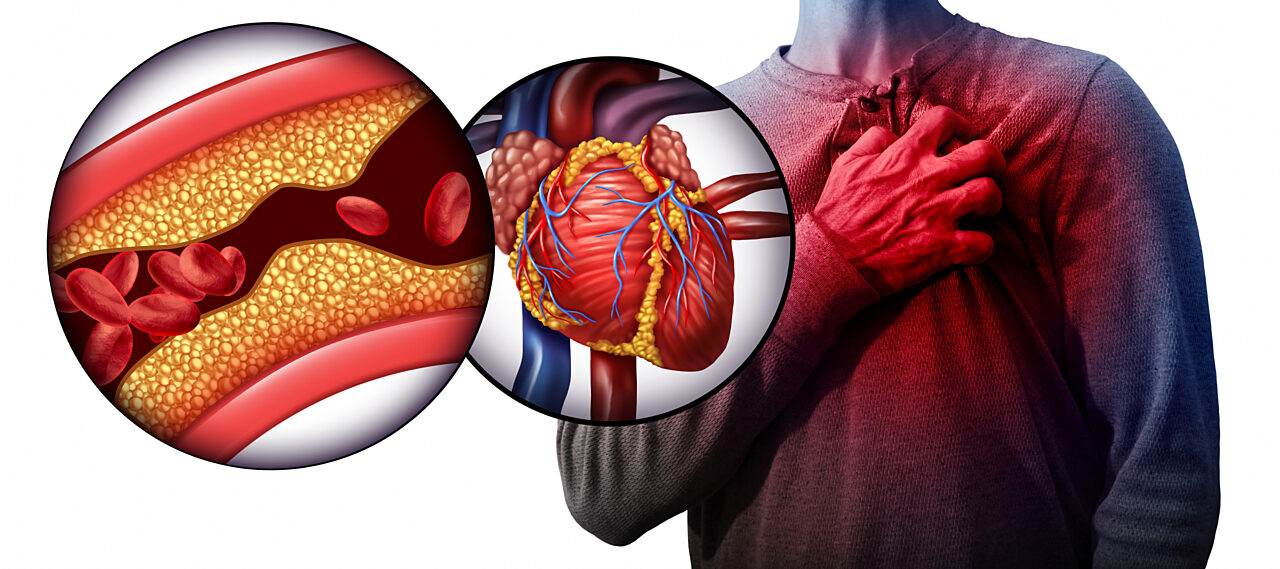Evaluation and treatment of Infertility
What is infertility?
On a regular basis, infertility is defined as the inability to conceive after one year of unprotected intercourse. For patients who cause infertility over the age of 35, an evaluation may be initiated soon.
Diagnosing:
Before the infertility test, your doctor or clinic will work on your sexual habits hence my getting this he will recommend you something that increases the chance of pregnancy. In some infertile couples, no specific cause is found (unexplained infertility).
Infertility assessment is expensive, and can sometimes involve uncomfortable procedures. Some of the medical plane for infertility course is really unaffordable. In the end, even after all the tests and counseling - there is no guarantee that you will get pregnant.
Fertility for women
Fertility for females depends on the ovaries releasing healthy eggs. The reproductive tract must allow an egg to enter the fallopian tube and join the sperm for fertilization. The fertilized egg travels to the uterus and inserts into the lining. Tests for female infertility try to find out if any of these procedures are weak.
The best fertility test
- Ovulation test. A blood test measures hormone levels to find out if you are ovulating.
- Ovarian reserve test. This test helps determine the size of the eggs available for ovulation. This procedure often begins with a hormonal test at the beginning of the cycle.
- Tests of other hormones. Other hormone tests examine ovarian hormone levels, as well as pituitary hormones that regulate reproductive processes.
- Imaging test. Pelvic ultrasound is mostly use for uterine or ovarian disease. Sonohistorogram, also known as saline infusion sonogram, is used to see details inside the uterus that are not visible on a simple ultrasound.
Treatment for infertility
- Stimulates ovulation with fertility drugs: Fertility drugs are the main treatment for women who are prone to infertility due to ovulation defects. These drugs control or induce ovulation. Fertility options Talk to your doctor about drug options - including each type of benefit and risk.
- Intrauterine Conception (IUI): During IUI, healthy sperm are placed directly into the uterus when the ovaries release one or more eggs for fertilization. Depending on the cause of infertility, the timing of the IUI can be coordinated with your regular cycle or with fertility medications.
- Surgery to restore fertility: Uterine problems such as endometrial polyps, uterine septum, intrauterine scar tissue and some fibroids can be treated with hysteroscopy surgery. Endometriosis, pelvic inflammatory disease and large fibroids may require laparoscopic surgery or surgery with large abdominal incisions.
Treatment complexity
- Multiple pregnancies: The most common problem of infertility treatment is pregnancy - twins, triplets or more. In general, the higher the number of fetuses, the greater the risk of premature and miscarriage, as well as complications during pregnancy, gestational diabetes. Premature babies are more likely to have health and development problems. Talk to your doctor about any concerns about your pregnancy before starting treatment.
- Ovarian Hyper stimulation Syndrome (OHSS): Fertility drugs that induce ovulation cause OHSS, especially with ART, when the ovaries become inflamed and painful. Mild abdominal pain, bloating and nausea may be symptoms for up to a week or longer if you are pregnant. Rarely, more rapid weight gain occurs and emergency treatment is required.
Conclusion:
I hope you understand a lot and get much information about the infertility as well as its treatment. If this blog is rare to you and still want more information regarding to this topic then please contact us. However our contact number and address is on your screen. Please share this with your friends and family for giving us thump up.
Regard: Dr. Naveed Shahzad











